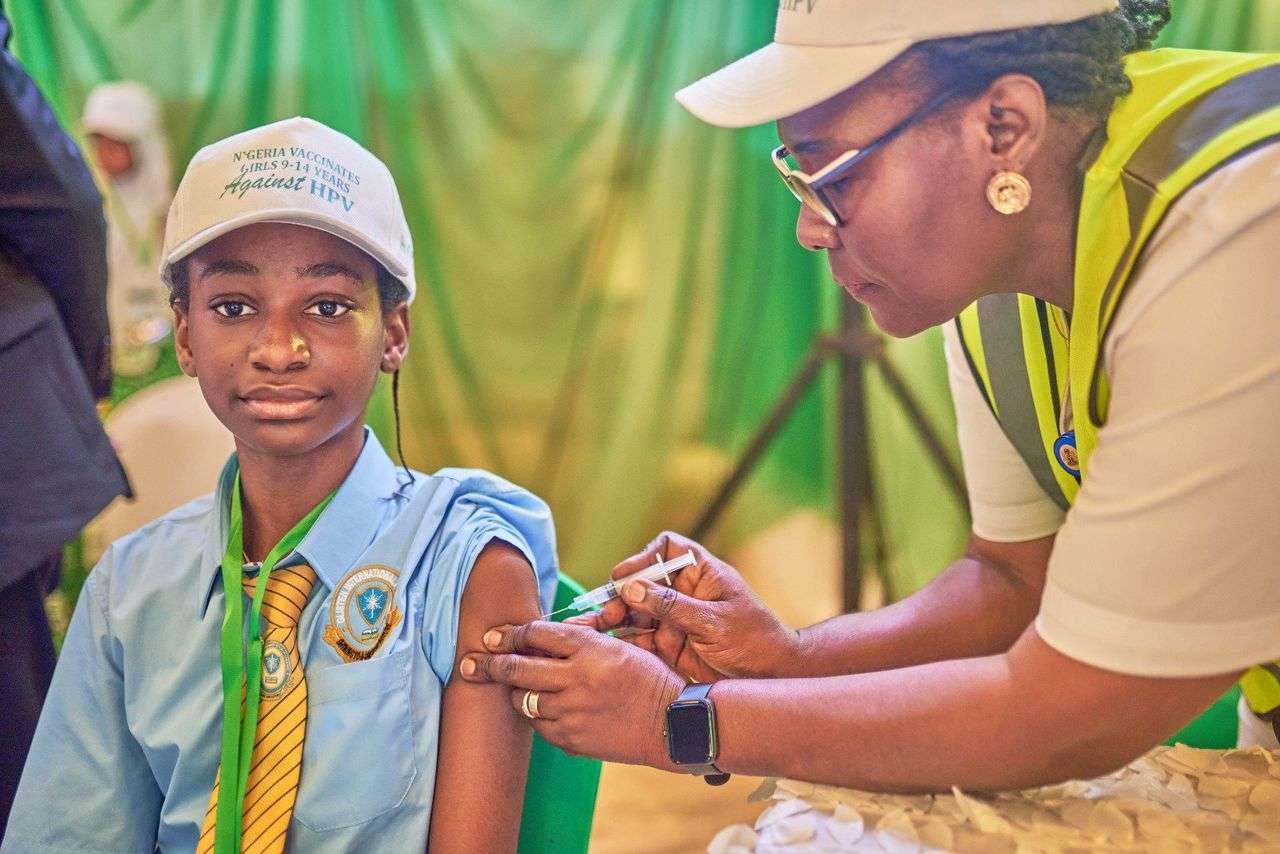
With the increasing number of deaths from cervical cancer globally, the World Health Organisation and governments have been making spirited efforts towards curbing its ravages. Cervical cancer is currently the fouradth most common cancer among women in the world, with an estimated 604,000 new cases and 342,000 deaths in 2020 alone.
In Nigeria, cervical cancer is a significant public health concern, with a high prevalence and mortality rate. It is the second most common cancer among women in the country, accounting for approximately 14 per cent of all female cancers. It is also the second most frequent cause of cancer deaths among women aged 15 to 44 years.
A major reason for this high burden of the disease in the country is the lack of awareness and knowledge about the disease among the population. Many women are unfamiliar with the risk factors, symptoms, and prevention measures, leading to delayed diagnosis and treatment. Closely linked to this is the limited availability and accessibility of screening and vaccination programmes in the country.
It is apparently in recognition of this needless onslaught of cervical cancer that the Federal Government recently introduced the HVP vaccine into its routine immunization system. This, as announced, is to prevent infection with HPV types 16 and 18, which are responsible for most cases of cervical cancer in the country.
While officially launching the programme in Abuja, on 24 October, the Honourable Minister of Health, Muhammad Ali Pate, said: “The loss of about 8000 Nigerian women yearly from a disease that is preventable is completely unacceptable. Cervical cancer is mostly caused by HPV, and parents can avoid physical and financial pain by protecting their children with a single dose of the vaccine.”
This move by the FG is very significant, as it targets 7.7 million girls, ages nine to 14, with the first rollout of the vaccines. It has been hailed as the largest number in a single round of HPV vaccination in the African region. And, to ensure effective wide coverage, the WHO country office in Nigeria and other partners recently trained over 35,000 health workers for the exercise to be conducted across vaccination sites in all 4,163 wards of 16 states and the FCT, Abuja.
Sadly, despite the laudable intent of this initiative, the announcement has been met with mostly scepticism and apathy from the public, with many parents expressing serious concerns over the safety of the vaccine for their children. Yet, these parents are not entirely to blame. Investigations by Pharmanews revealed that authorities in the Nigerian healthcare sector have not been proactive enough in providing adequate orientation and enlightenment to members of the public on the necessity and safety of the vaccine.
It is well known that due to pervasive ignorance, illiteracy, cultural issues and religious inclinations, many Nigerians have always demonstrated vaccine hesitancy. Recent reactions to the polio and COVID-19 vaccines validate this. Indeed, in the case of the present HPV vaccine – as in many previous ones – myths and misinformation about the vaccine had spread far and wide even before the rollout date. Rumour-mongers and purveyors of fake news simply hijacked the gap created by government’s inefficiency to spread frightening stories about the HVP vaccine.
Confirming this lacuna in information dissemination and how it should be addressed, a Professor of Virology and former Vice-Chancellor of Redeemer’s University, Oyewale Tomori, said: “Have we done all that we should do? From our experiences in the past, like the polio and COVID-19 boycott, have we done enough? We assume that the people don’t know or that we know too much. Then, with the little information we give our people, we leave gaps and they are filled with fiction. We must confront the people that are providing misinformation aggressively. If you let it last one day, it will spread to where you can never reach.”
To this end, we call on the government to, as a matter of urgent necessity, constitute an effective information dissemination mechanism, preferably using the National Orientation Agency (NOA) and the National Programme on Immunisation (NPI). These must be mandated and equipped to enlighten Nigerians, especially girls and women, on the importance and safety of the HPV vaccine in the fight against cervical cancer.
Government must also be sincere, persuasive and reassuring, especially with the first single dose of the vaccine targeting girls from ages of nine to 14. Even though parents are required to play a significant role in ensuring the success of this vaccination drive, government has to find a way to make the campaign appealing to this age bracket, in order to win their interest.
Also, as a matter of public health emergency, the NPI should make the fight against cervical cancer a focal point of its activities by putting in place measures that would make the HPV vaccine available and acceptable throughout the country. Additionally, research and data collection on cervical cancer in the country need to be improved. Accurate data is essential for planning and monitoring the impact of interventions.
On the whole, tackling the burden of cervical cancer in Nigeria requires a multi-sectoral approach, involving the government, healthcare professionals, civil society organizations, and international partners. With concerted efforts and a strong commitment to addressing this issue, Nigeria can make significant progress in tackling the burden of cervical cancer and improving the health outcomes for women nationwide.













